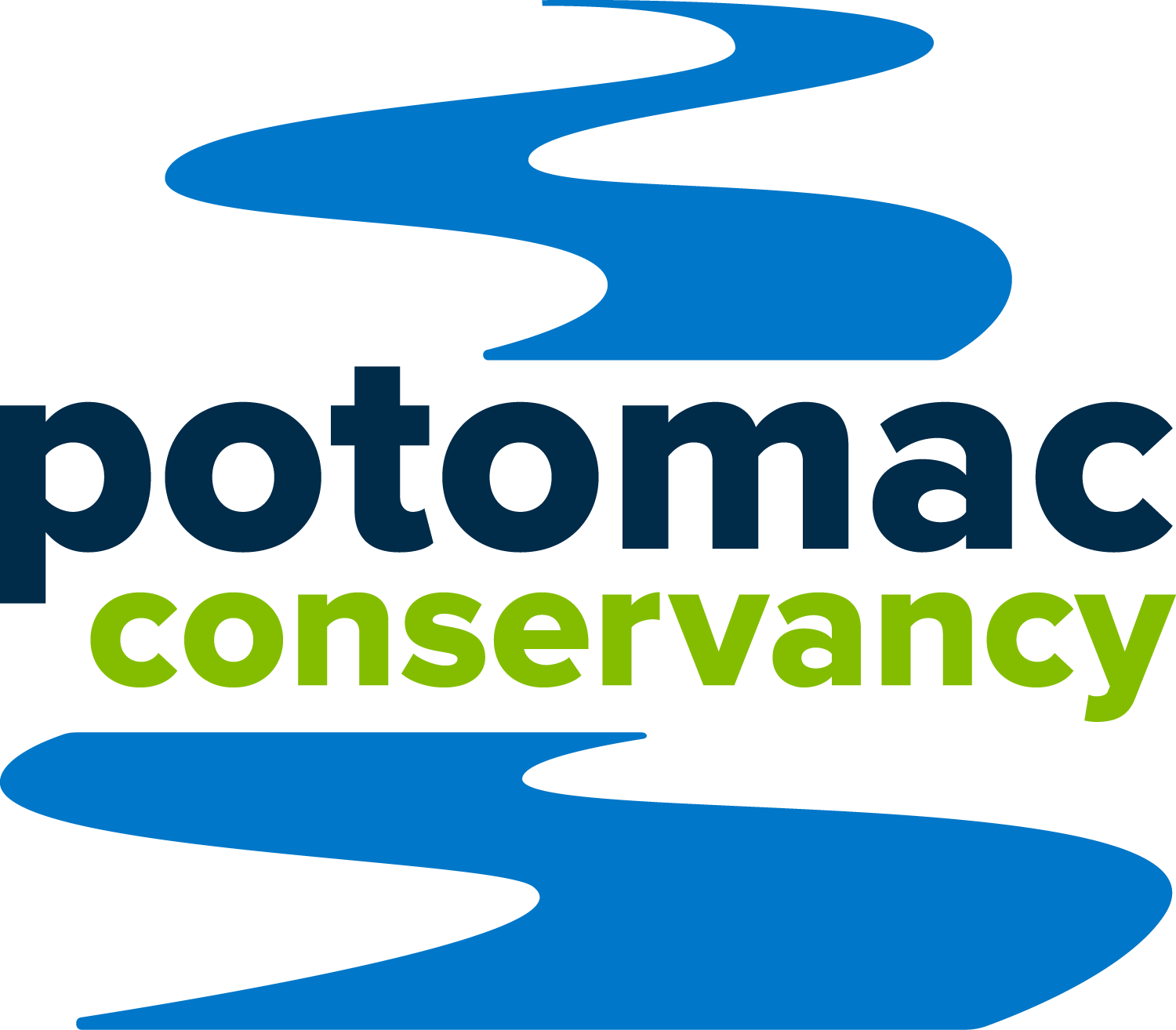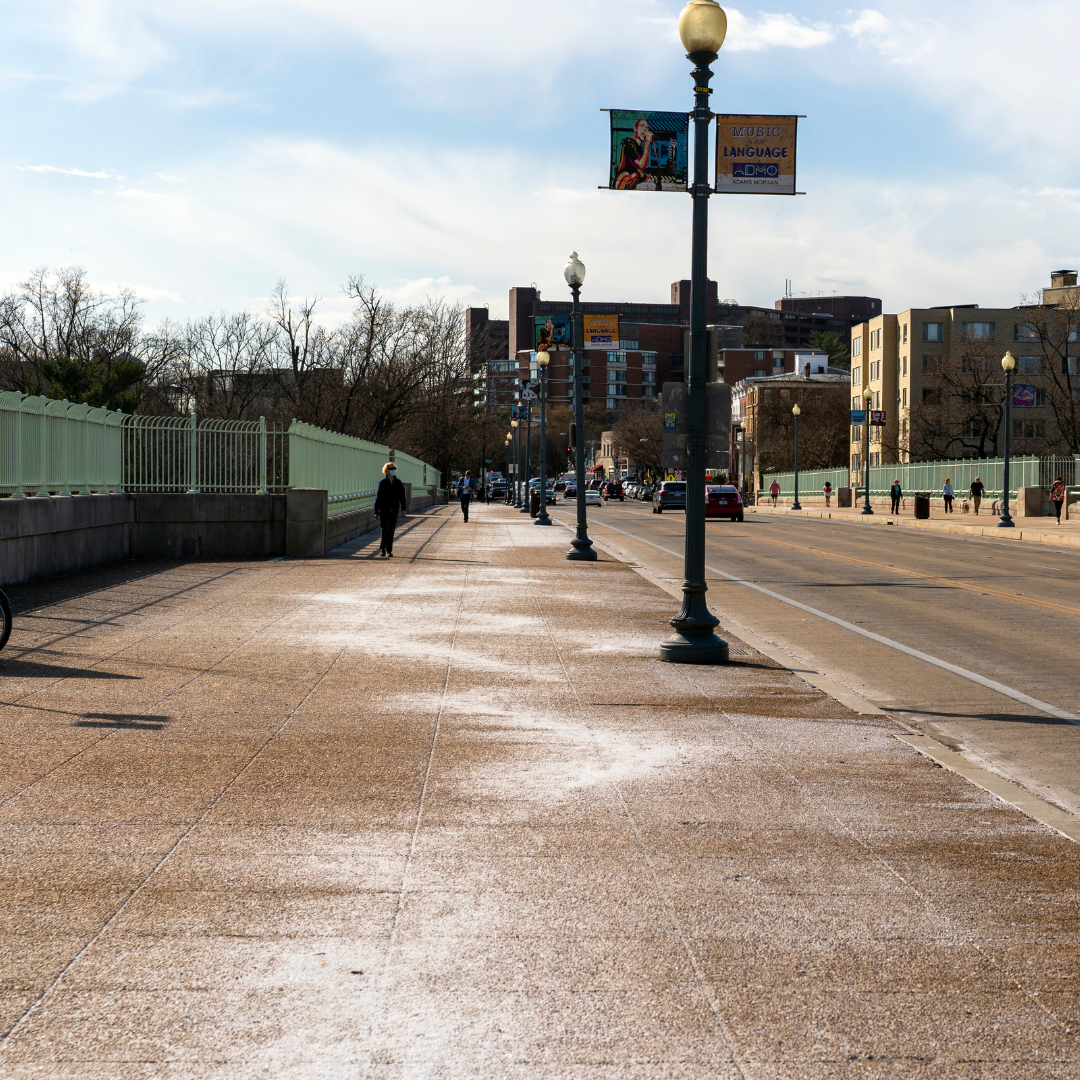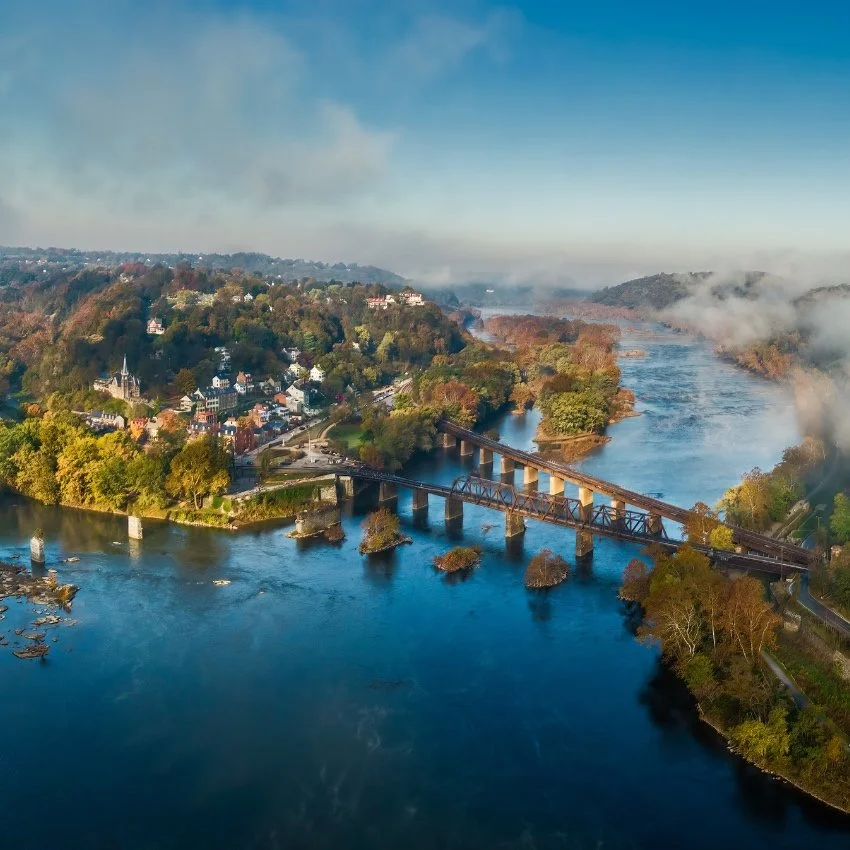Swim portion of Nation's Triathlon canceled due to E.coli pollution
/Swimmable waters out of reach for the Potomac and local streams
Photo from The Nation's Triathlon Facebook page.
Think polluted waters are only a problem for athletes in Rio? Think again.
Last month organizers of the annual Nation's Triathlon were forced to cancel the swim portion of the race after water quality tests revealed E.coli levels (a bacteria found in fecal matter) were well above EPA standards.
It's the third time in six years the swim portion of the race has had to be canceled due to poor water quality.
“We were all pretty disgusted over the water conditions in Rio for the Olympics,” Potomac Conservancy President Hedrick Belin told Washingtonian, “but I think it’s shocking for local residents and athletes to learn that here in the nation’s capital, we have sewage flowing into the Potomac and Anacostia rivers.”
So how does the sewage get there? From a number of different sources, including pet waste, upstream agriculture, and leaking septic tanks.
But the biggest source of sewage pollution in the Potomac is the city's outdated combined sewer system, which dumps billions of gallons of raw sewage and untreated runoff directly into local waterways during heavy rains, causing pollutants like E.coli to spike.
Coming into contact with E.coli-contaminated water can cause vomiting, diarrhea, and fever, as well as skin and eye irritation.
“. . . I think it’s shocking for local residents and athletes to learn that here in the nation’s capital, we have sewage flowing into the Potomac and Anacostia rivers.”
The dangerously high E.coli levels in DC's rivers recently led a number of local environmental groups to file a lawsuit against the EPA. The suit argues that portions of the Anacostia River and Rock Creek, both of which flow into the Potomac, exceed standards as much as 41 percent of the time.
This isn't just an urban problem though. A recent study of suburban swimming holes in central Maryland and Virginia found dangerously high bacteria counts, meaning, as Tom Zolper with the Chesapeake Bay Foundation told WTOP, the water you're swimming in might be more like toilet water than a healthy stream.
Sad, but true.
The good news is that DC Water is cooperating with the EPA and will eliminate nearly all sewage pollution from the sewer system by 2030. But for smaller cities and towns across the region, more work needs to be done to curb pollution and make our rivers safe for everyone to enjoy.













What you need to know about the January 2026 Potomac Interceptor sewage spill and how you can demand accountability and action.